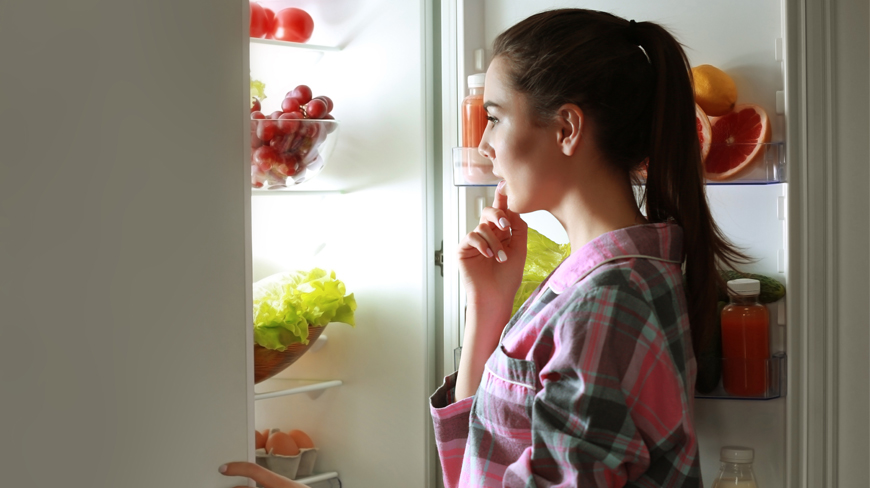8 Foods That Help With Bloating
Bloating is more than a minor discomfort or inconvenience. It’s a signal from your body that something is amiss in your digestive tract. Often a result of gas accumulation or a slowdown in the digestive process, bloating can cause significant gastrointestinal (GI) discomfort, a feeling of fullness, and awkward moments of unwanted gas. Fortunately, relief may not be far off. The solutions might be waiting in the aisles of your grocery store or on the shelves of your kitchen. Read more about foods that help with bloating.
What’s Causing My Bloating?
Bloating is about disruption.
When gas builds up and the movement of waste through our digestive system stalls, discomfort follows. Addressing bloating effectively involves focusing on two key dietary components: fiber and hydration.
Fiber plays a pivotal role in digestive health, acting as a regulator and facilitator of healthy bowel movements. It’s classified into two types:
Soluble fiber
Soluble fiber absorbs water to form a gel-like substance in the gut, slowing digestion and adding bulk to stools. Soluble fiber is often referred to as prebiotic fiber. Examples of foods rich in soluble fiber include:
- Apples
- Brussel sprouts
- Psyllium
- Oats
- Beans
Insoluble fiber
Insoluble fiber draws water into the stool, making it softer and easier to pass. Examples of foods rich in insoluble fiber include:
- Whole wheat
- Wheat bran
- Nuts
- Seeds
- Vegetable and fruit skins
Hydration complements fiber’s role by ensuring the digestive system has enough fluid to process food efficiently and to keep stool soft, preventing constipation.
Remember that too much fiber can cause gas, pain, and abdominal bloating, so it’s important to achieve the right balance.
8 Foods That Help With Bloating
There are a few foods you can add to your diet to help with bloating and improve your overall digestive health. Eight foods that help with bloating include:
- Whole grains: Whole grains, like quinoa, are high in fiber and help keep bowel movements regular.
- Green vegetables: Broccoli, kale, and leafy greens are fiber-dense, healthy choices. They also contain lots of prebiotic nutrients to help keep your good gut bacteria healthy.
- Pineapple: Pineapple contains enzymes that assist in breaking down proteins, easing their digestion. However, pineapple can interfere with certain medications, so if you are taking blood thinners, antibiotics, or antidepressants, talk with your doctor before adding pineapple to your diet.
- Green tea: Its hydrating nature and gentle laxative effect can help ease bloating.
- Berries: Berries are full of fiber and antioxidants, so they are fantastic for supporting a healthy microbiome, which can lead to less bloating.
- Celery and cucumbers: Both vegetables are full of fiber and water, supporting digestive health.
- Ginger: Ginger is known to support a healthy GI system and can ease bloating, nausea, and stomach upset.
- Yogurt and fermented foods: These foods introduce beneficial bacteria to the gut, promoting a balanced digestive environment.
Beyond Food Relief
In addition to what you eat, how you eat plays a significant role in managing bloating. Eating slowly and mindfully can prevent swallowing air, a common contributor to bloating. Likewise, limiting the intake of carbonated beverages can reduce the buildup of gas in the stomach.
Incorporating gentle exercise into your routine can stimulate the digestive system and help ease bloating. Regular movement encourages the passage of gas and can reduce the feeling of fullness.
Dietary changes, mindful eating, and lifestyle adjustments can each greatly impact how you feel and bring down your bloating.Yet sometimes, bloating persists no matter the efforts you make to ease the discomfort.
If you feel like you’ve tried everything but are still struggling with bloating, it’s time to seek care from a gastroenterologist. With the right support, you can get relief – schedule an appointment today!
Request Appointment
Related:


